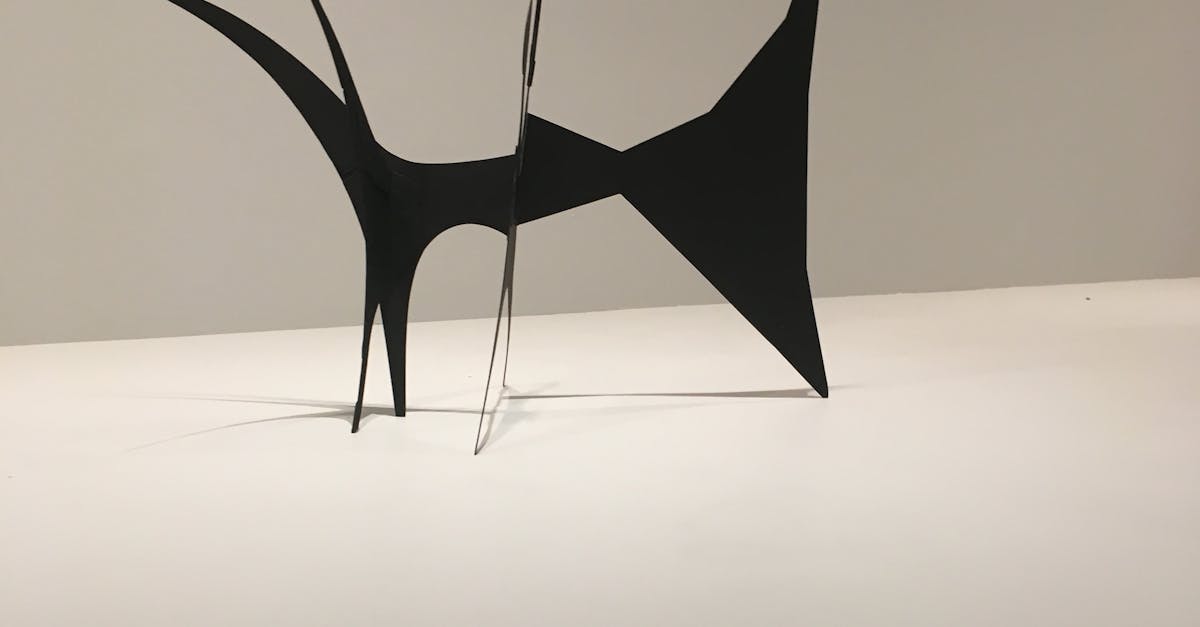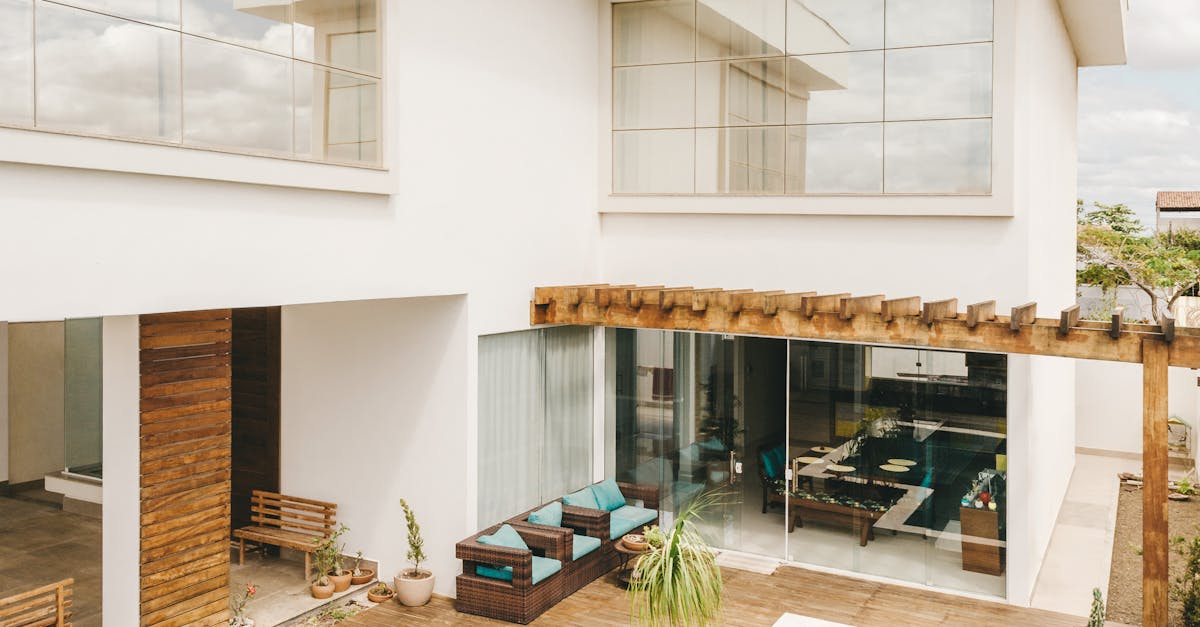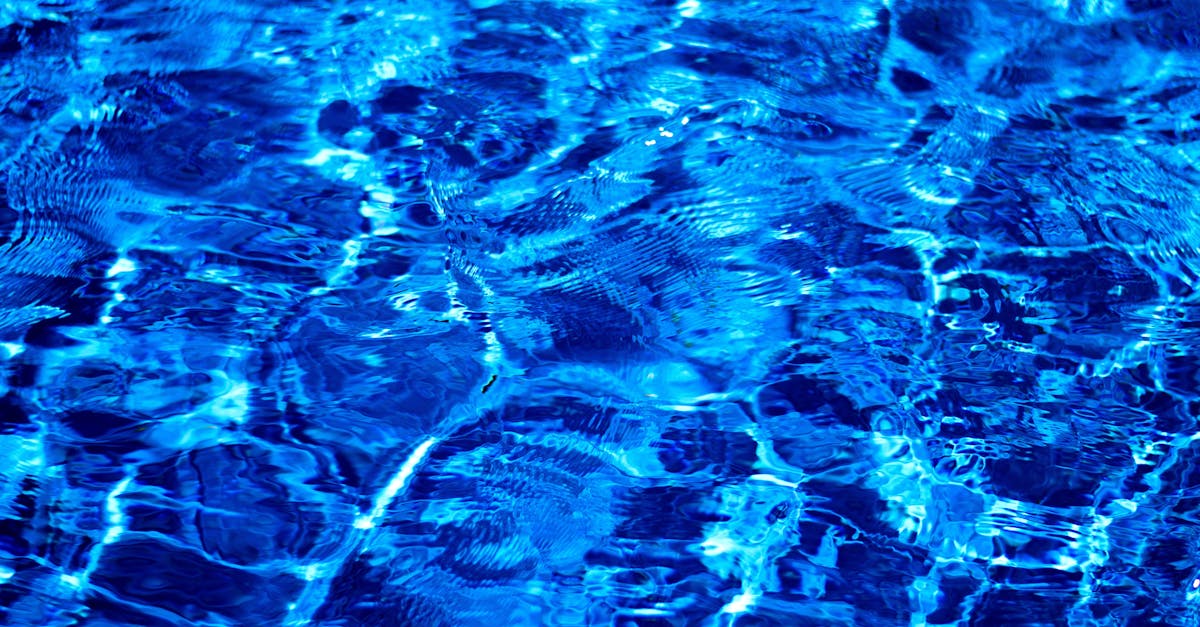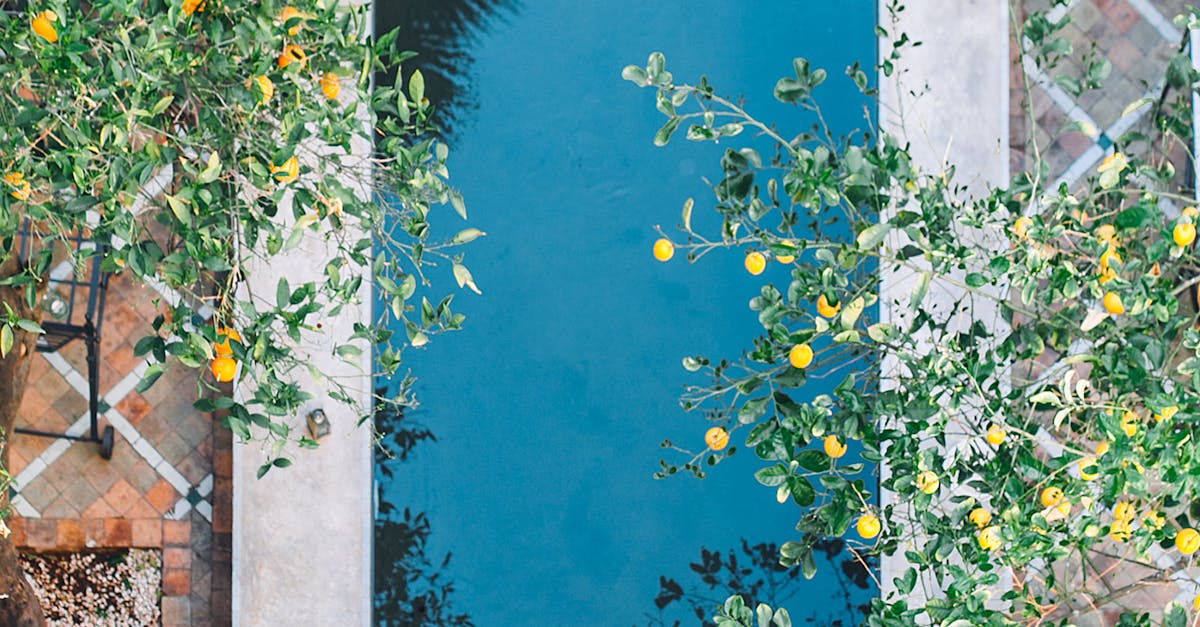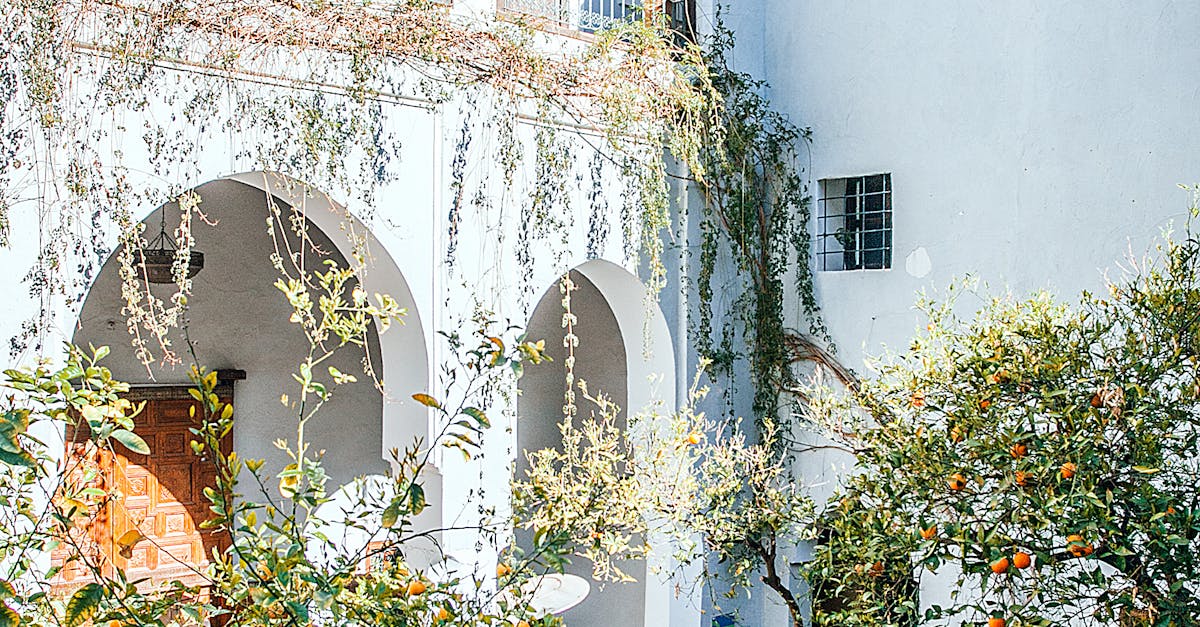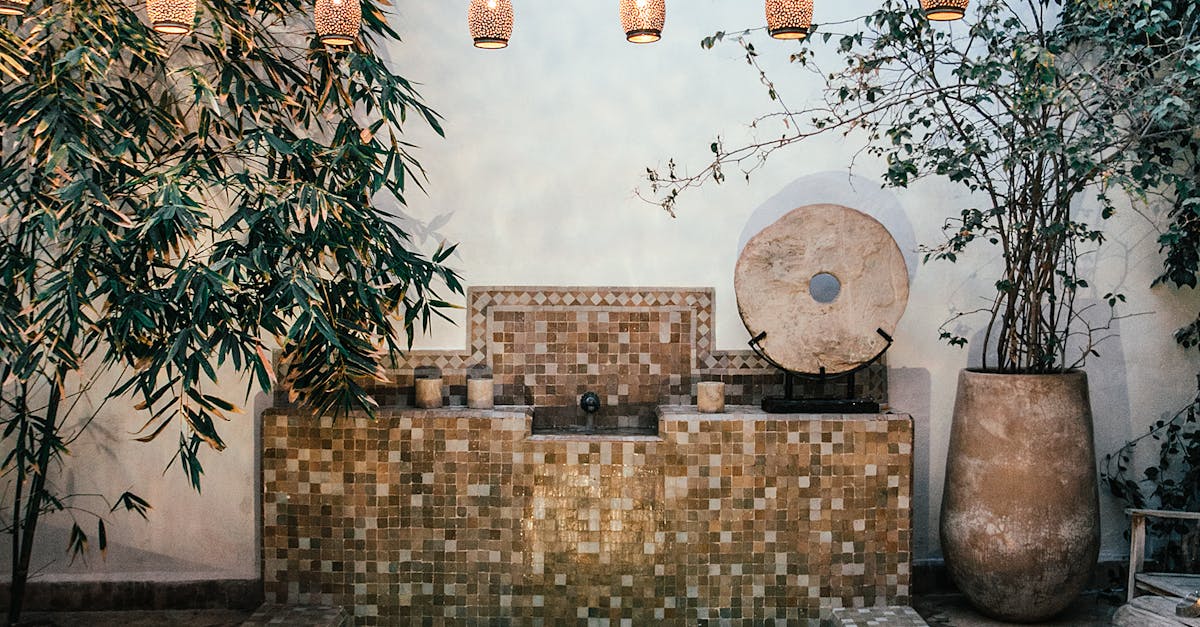
Table Of Contents
Financing Options for Pool Projects
When considering the installation of a pool, one of the crucial aspects to contemplate is the financing options available. Understanding the financial requirements of pool design in Aurora is essential to make an informed decision. From traditional bank loans to home equity lines of credit, various financing avenues can help you achieve your dream of owning a pool.
It is imperative to assess the interest rates associated with the pool financing options to determine the total cost of the project over time. A slight variation in interest rates can significantly impact the overall expenses incurred in the installation of a pool. By carefully examining the financing terms and interest rates, homeowners in Aurora can effectively manage the financial aspects of their pool project.
Impact of Interest Rates on Pool Financing
When considering the financing of a pool project, the impact of interest rates on pool financing is a crucial factor to evaluate. Interest rates significantly influence the overall cost of borrowing money for the pool installation. With fluctuating interest rates, the total amount to be paid back can vary, affecting budget planning for the project. Homeowners in areas like Caledon looking to invest in Pool Design in Caledon should closely monitor interest rates to secure the most favourable loan terms and ensure the financial feasibility of their pool project.
Higher interest rates can result in increased monthly payments and a higher total repayment amount. This can impact the affordability of the pool project and potentially lead to delays or budget adjustments. Conversely, lower interest rates can make financing more manageable and cost-effective, allowing homeowners to pursue their desired Pool Design in Caledon with greater ease. Monitoring interest rate trends and consulting with financial advisors can help homeowners make informed decisions when securing financing for their pool installation.
Maintenance Expenses of Pool Ownership
Maintaining a pool comes with its own set of ongoing expenses that pool owners need to consider. Regular maintenance tasks such as cleaning, water testing, and chemical treatments are necessary to ensure the pool remains safe and enjoyable for use. Pool owners in Norfolk must be diligent in upkeeping their pools to prevent any potential damage or deterioration, as neglecting maintenance can result in costly repairs down the line.
Additionally, the specific design and features of the pool can also influence maintenance costs. Pools that have intricate designs or special water features may require more regular maintenance and care, increasing the overall expenses for the pool owner. Therefore, when planning for the maintenance expenses of pool ownership, it is crucial to consider not only the basic upkeep tasks but also the specificities of the Pool Design in Norfolk to accurately budget for ongoing costs.
Budgeting for Yearly Pool Upkeep
Budgeting for yearly pool upkeep is a crucial aspect of pool ownership. In Norfolk, ensuring that the pool is well-maintained not only enhances the aesthetics of the property but also prolongs the lifespan of the pool. Regular maintenance tasks, such as cleaning, water balancing, and equipment upkeep, are necessary to keep the pool in pristine condition. It is advisable to allocate a portion of the annual budget specifically for pool maintenance to avoid unexpected expenses that may arise due to negligence.
Pool design in Norfolk may also play a role in determining the upkeep costs. Factors such as pool size, material, and additional features can impact the maintenance expenses. Larger pools typically require more chemicals and water to maintain proper balance, leading to higher costs. Similarly, pools with complex designs or high-end materials may require specialized care, increasing the overall upkeep budget. It is essential to consider these factors when budgeting for yearly pool upkeep to ensure that the pool remains a source of enjoyment without breaking the bank.
Insurance Costs Associated with Pool Ownership
When considering the expenses associated with pool ownership, insurance costs play a significant role. Ensuring your pool is adequately covered by insurance is essential to protect yourself from potential liabilities. In Newton Robinson, as in other areas, factors such as pool size, location, and specific features will influence the cost of insurance, with high-risk elements potentially driving up premiums.
Furthermore, pool owners should look into obtaining comprehensive liability insurance to safeguard against accidents or injuries that may occur on their property. Understanding the terms and coverage of pool liability insurance is crucial to guarantee that any unforeseen incidents related to Pool Design in Newton Robinson are adequately addressed. By carefully assessing insurance options and selecting appropriate coverage, pool owners can enjoy their aquatic investment with peace of mind.
Understanding Pool Liability Insurance
Understanding Pool Liability Insurance is crucial for homeowners considering installing a pool on their property. Pool ownership comes with inherent risks, and liability insurance helps protect against potential legal claims stemming from any accidents or injuries that may occur on the premises. In the context of Pool Design in Haldimand, liability coverage is particularly significant to shield homeowners from financial repercussions in case of pool-related incidents involving guests or third parties.
Homeowners should ensure that their liability insurance policy includes coverage specific to pool ownership. This type of insurance typically covers bodily injury, property damage, and legal fees arising from pool accidents. Given the potential financial ramifications of pool-related mishaps, having sufficient liability coverage is paramount in safeguarding both the homeowner's assets and overall peace of mind. Supplying accurate information about the pool to the insurance provider, such as dimensions, safety features, and any additional precautions taken, is essential to guarantee adequate coverage in the event of an unfortunate incident.
FAQS
What is the most expensive part of installing a pool?
The most expensive part of installing a pool is typically the construction and installation process itself. This includes excavation, plumbing, electrical work, the pool shell, decking, and any additional features like lighting or water features.
Are there any additional costs to consider when installing a pool?
Yes, in addition to the initial installation costs, you may also need to budget for landscaping around the pool, fencing for safety compliance, permits and inspections, and any necessary upgrades to your property's electrical system.
How can I finance the installation of a pool?
There are several financing options available for pool projects, including personal loans, home equity loans, and financing through pool contractors or manufacturers. It's important to compare interest rates and terms to find the best option for your budget.
What are the ongoing maintenance expenses of pool ownership?
Pool ownership comes with ongoing maintenance expenses such as water treatment chemicals, cleaning equipment, energy costs for running pumps and heaters, and regular servicing to keep the pool in good condition.
Do I need insurance for my pool, and how much does it cost?
It's recommended to have insurance coverage for your pool to protect against liability and property damage. The cost of pool insurance can vary depending on factors such as the pool size, location, and your existing homeowners insurance policy. It's advisable to speak with an insurance professional to understand your options.
